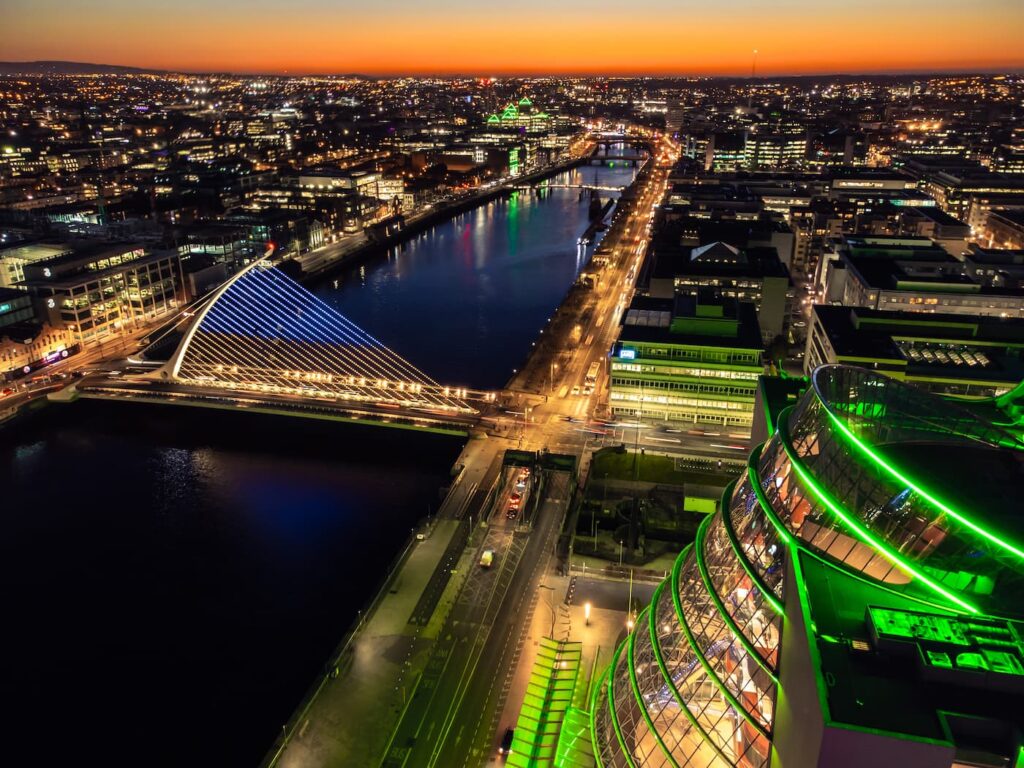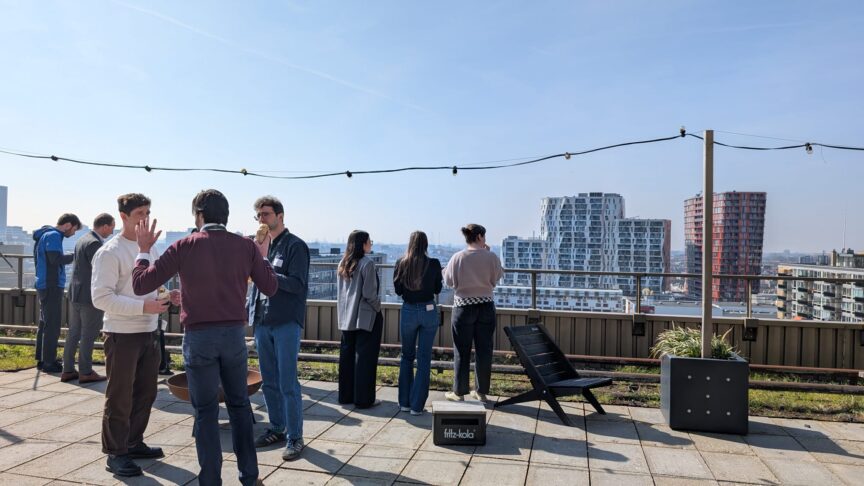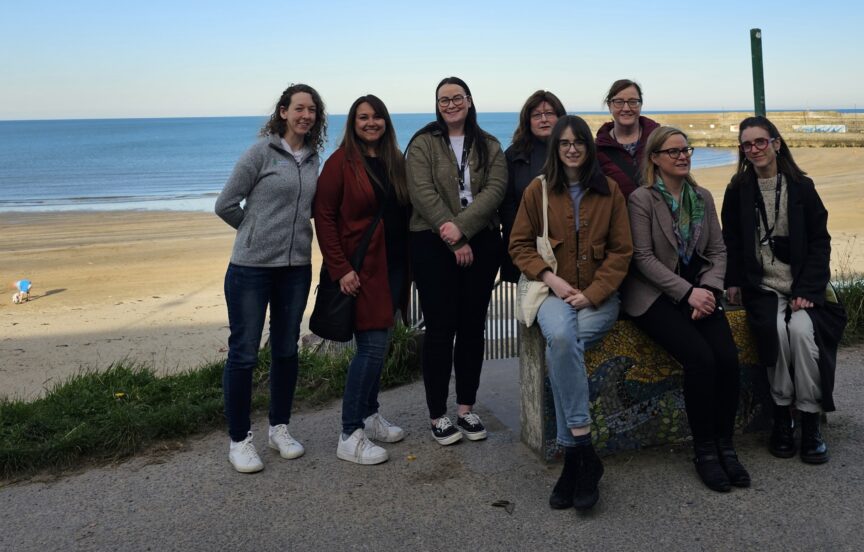Codema study shows Dublin can meet emission targets

Codema – Dublin’ Energy Agency has launched the Dublin Region Energy Master Plan. The three-year study, which is the first of its kind to be carried out for any city or town in Ireland, identified the most realistic, evidence-based solutions to reduce emissions related to heat, electricity, transport and buildings in Dublin. The research used spatially-driven energy scenario modelling to identify the best pathways for Dublin towards 2030 and 2050, based on the specific energy “characteristics” or profile of a particular area. Put very simply, the master plan looked at ‘what should go where’ for every part of Dublin, based on the type of area it is and the technologies that are best suited to reducing energy-related emissions within that area.
The research found that offshore wind has the greatest potential to generate renewable electricity in Dublin and could produce enough electricity to power the equivalent of 1.2 million homes by 2030 and over three million homes by 2050. The study also found that district heating and heat pumps have a significant role to play in how we heat our buildings into the future, with the potential to supply 87% of Dublin’s total heat demand through district heating networks by 2050. The results of the master plan also highlighted how there are enough renewable and waste heat sources in Dublin to heat the equivalent of 1.6 million homes, which – if utilised – could reduce Dublin’s fossil fuel bill by almost €1 billion per year.
The transport sector poses a significant challenge for Dublin, with 65% of the capital’s transport emissions currently coming from cars, costing the county up to €2.8 billion per year in external societal costs. The master plan also highlighted how electrification of vehicles alone will not solve Dublin’s transport problems. Even if the Government’s ambitious EV targets are met, the number of kilometres driven by fossil-fuelled cars in Dublin will still need to be reduced by at least 23%, in order to meet the 2030 emissions target. Therefore, a key recommendation from Codema’s research is that active travel and buses should be prioritised over cars in Dublin and that additional powers are provided to the local authorities to trial the reallocation of existing road space to more accessible, efficient and sustainable modes of transport.
In relation to building upgrades, the master plan research was able to identify areas in Dublin most at risk of energy poverty, with the recommendation that these areas are prioritised for energy-efficiency upgrades.
The study also highlighted the many benefits of moving Dublin away from fossil fuels, such as an increase in direct jobs by 182,500 by 2050, a decrease in energy costs of €519 million per year through renewable energy technologies, as well as lower levels of pollution, improved air quality and better health benefits for those living and working in Dublin. If all of the recommendations within the Dublin Region Energy Master Plan were carried out, it would result in avoided external costs of over €24 billion, based on a comparison of the shadow price of carbon to the total avoided emissions over the lifetime of the master plan.
Commenting on the findings of the Dublin Region Energy Master Plan, John O’Shea, Energy Systems Analyst with Codema, said: “This plan is the first of its kind in Ireland and charts the most cost-effective pathway for Dublin to achieve carbon reduction targets that consider local spatial and energy characteristics. The evidence base provided by this plan is already informing local policy development and we hope that this work can help other regions to develop their own local energy plans
Full report and accompanying material
- Download the launch presentation
- Download the full report of the Dublin Region Energy Master Plan
- Download the summary brochure
- Main findings infographic
- Heat infographic
- Electricity infographic
- Transport infographic
- Video – watch the launch of the Dublin Region Energy Master Plan
- Video – results of the Dublin Region Energy Master Plan
About the Dublin Region Energy Master Plan
The Dublin Region Energy Master Plan provides realistic, evidence-based pathways for the Dublin Region to achieve its carbon emission reduction targets to 2030 and 2050. It is the result of three years worth of research by Codema’s energy planning team to identify the greatest potential to reduce emissions related to heat, electricity, transport and buildings in Dublin. The master plan also brings together national government plans and policies to show the impact they will have on Dublin.
Methodology
To define the pathways for Dublin to meet its 2030 and 2050 targets, Codema first had to get a good understanding of the current situation in the county; this was followed by projecting the future business-as-usual energy demand and emissions (for the buildings, heat, electricity and transport sectors), and then identifying the low-carbon potential for these sectors. All of this information was then used to determine the net-zero pathway for Dublin.
The headline figures from the Dublin Region Energy Master Plan show that:
- Dublin’s total energy-related emissions account for 5,969 ktCO2
- The current gap to the 2030 target amounts to approximately 2,856 ktCO2 (requiring a
- 48% reduction in emissions from current levels)
- A reduction of 5,969 ktCO2 will be needed to meet the 2050 net-zero target
- Heat accounts for the majority of energy related emissions within the Dublin Region at 46%, followed by transport at 28% and electricity at 26%
- The sectors that have the highest impact on emissions are the residential and transport sector, which combined, contribute around 57% to total energy-related emissions
- Commercial buildings and services, data centres and industrial (non-ETS) buildings account for 19%, 16% and 3% of total energy-related emissions, respectively
- Public sector emissions – which includes all public buildings located in the Dublin Region – represent approximately 5% of the total
- The pathways to net-zero emissions proposed by this master plan will seek to reduce Dublin’s emissions by a total of 4,103 ktCO2 by the year 2030 and 8,240 ktCO2 by 2050, compared to future Business-as-Usual projections. This will at the same time greatly reduce emissions of other harmful pollutants and improve air quality in the county.
Funding
This research has been funded by the Sustainable Energy Authority of Ireland under the SEAI Research, Development & Demonstration Funding Programme 2018, Grant number 12/RDD/267
Find out more about the Dublin Region Energy Master PlanOther recent news
View all news
Codema visits Rotterdam for MultiRoofs kick-off
MultiRoofs is a European project exploring the potential of rooftop space to meet our energy, climate, biodiversity and cultural needs.
9 April 2025
Codema team visits Balbriggan as E2-CUTIES project begins
Codema will be working with Fingal County Council and the Balbriggan Sustainable Energy Community on an Interreg NWE project over the next three years.
7 April 2025